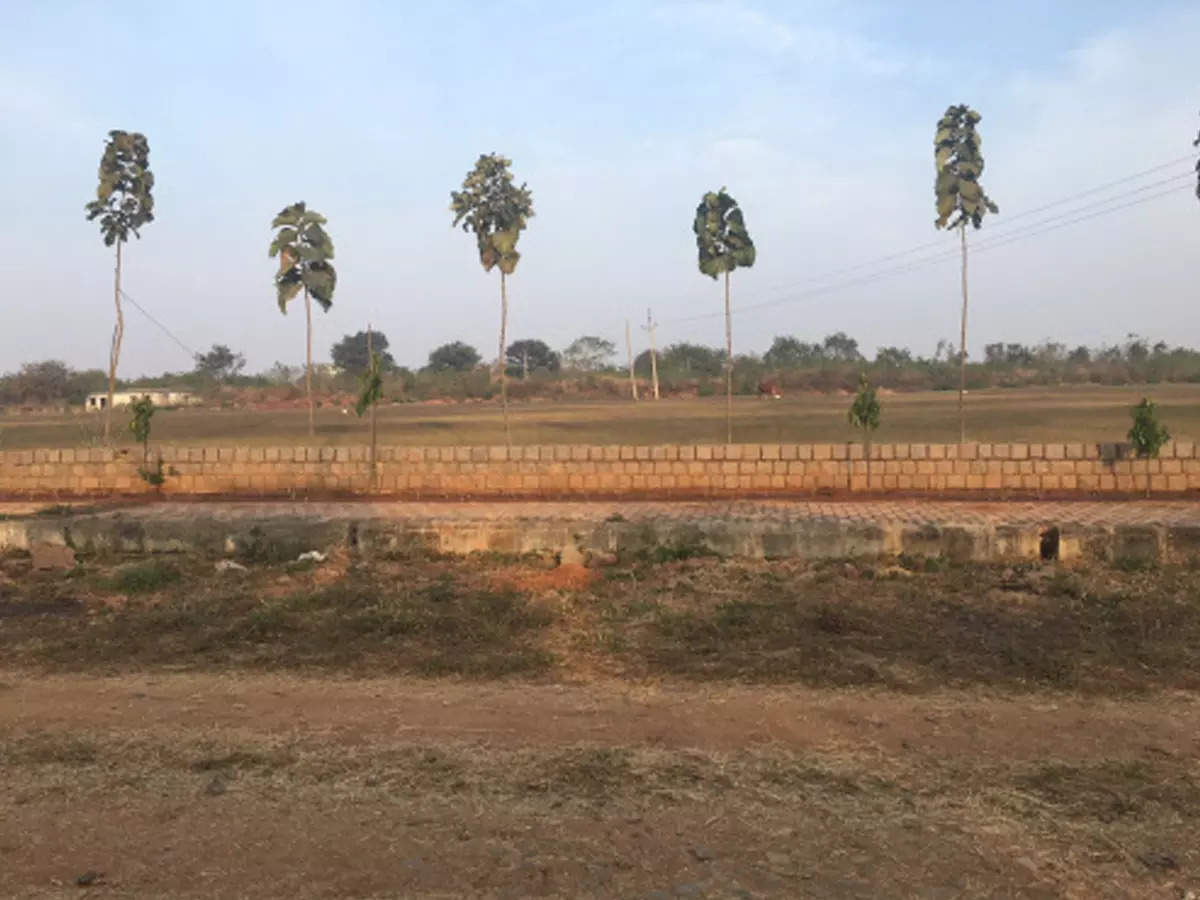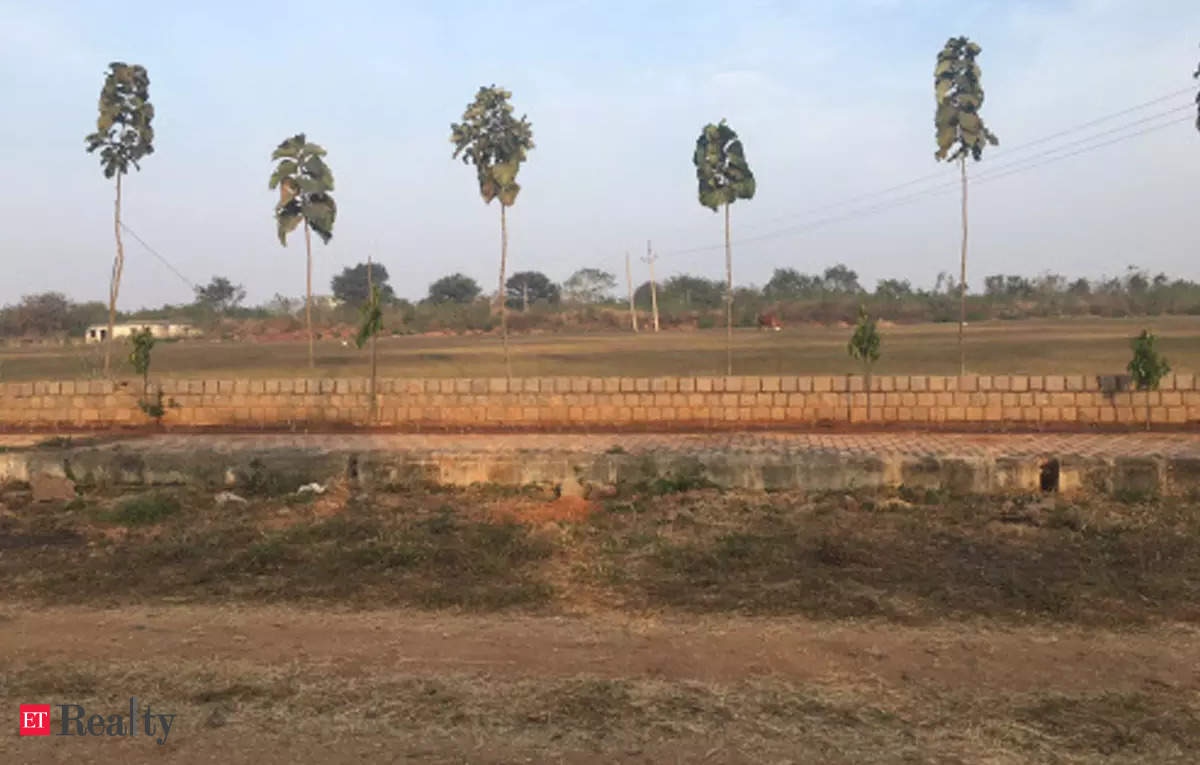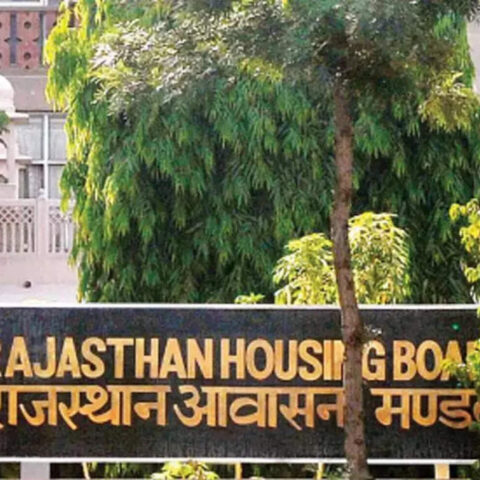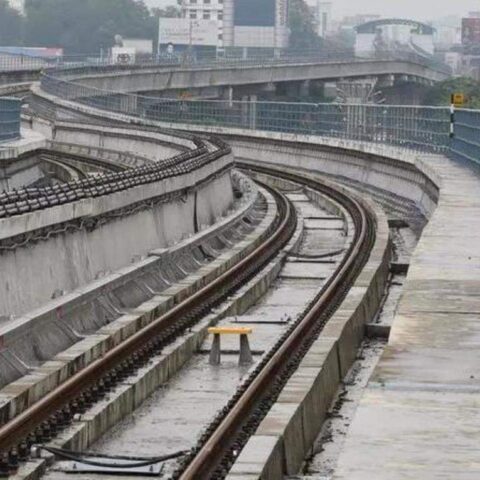
PANAJI: In a series of decisions reflecting the unabated demand for land conversion in Goa, the town and country planning (TCP) board approved significant changes to land zoning under two provisions of the Goa Town and Country Planning Act. These approvals collectively sanctioned the conversion of over 3 lakh sqm of land for construction purposes.
Under Section 39A of the TCP Act, the board approved 15 proposals for the conversion of 2.8 lakh sqm of orchards, paddy fields, and no-development slopes. These included changes to the Regional Plan 2021 and outline development plans for Calangute-Candolim (2025), Parra (2030), and Margao (2031).
The largest plot of land given the green light is a 1 lakh sqm plot at Sarvona, Bicholim, which belongs to Anjali Dhawaskar. The land, which was classified as orchard and partly paddy field, irrigation command area with partly cultivable land, will now be open for residential projects.
Chief town planner Rajesh Naik, who issued the orders, said that the proposals were scrutinised by the TCP department before being submitted for the board’s decision. In its decision, the board approved all the applications but stated that the final approvals would be subject to reports from the forest department and the water resources department.
Some of the converted land was originally classified as cultivable land, irrigation command area, and even playgrounds. Public suggestions regarding these conversions have been invited within 30 days of notification, with the details available for inspection at the Regional Plan Cell, said Naik.
Separately, under Section 17 of the Act, the board approved nine proposals addressing zoning inconsistencies in the Regional Plan 2021. Of these, eight involved converting land to settlement zones, while one sought the deletion of a 10m-wide road from the plan. Most proposals pertained to Bardez and Salcete, with one from Pernem taluka. Officials maintained that these changes were “necessary corrections” to rectify “inadvertent zoning errors” in the Regional Plan.
The approvals underscore the rapid urbanisation of key talukas, driven by tourism and residential development, said environmentalists.











